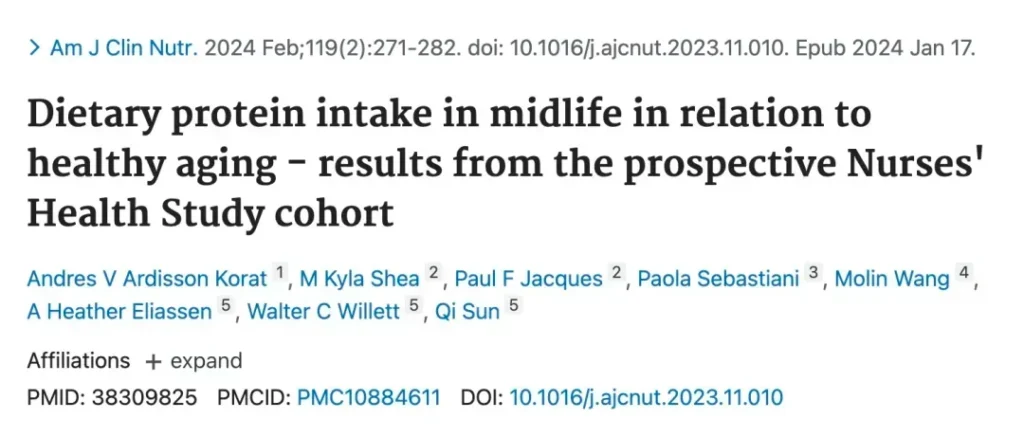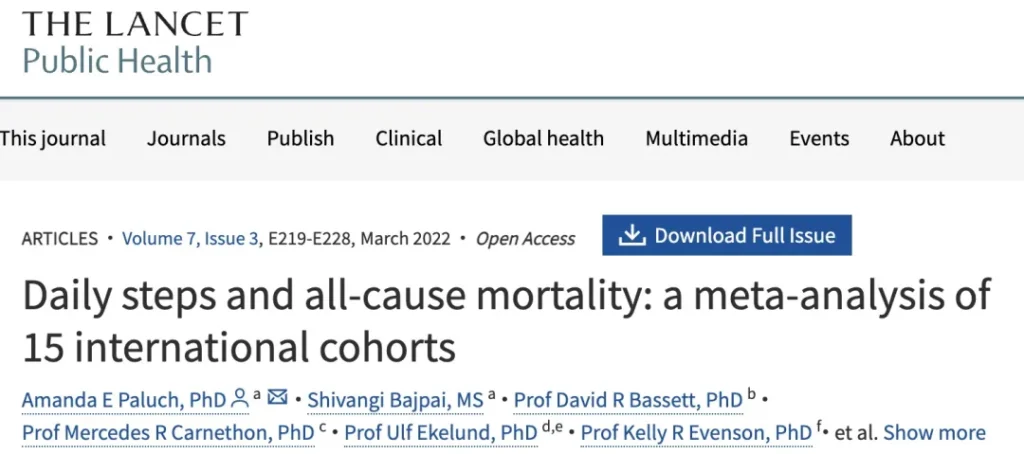When it comes to good fortune, it’s often about luck. But when it comes to living a longer life, there are some surprisingly simple tricks that anyone can follow to boost their longevity—no effort required! Let’s dive into these small yet mighty life hacks that can make a big difference to your lifespan.
1. Eat Just a Little Less at Every Meal: Don’t Starve, But Don’t Overeat Either
Winter is a tough season to control your appetite, but here’s a simple tip: eat just a few bites less at every meal. You don’t need to starve yourself, but try to stop eating before you’re fully stuffed. This old saying of “eat until you’re 80% full” holds more truth than you might think.

There are many studies that back up the benefits of eating less. One study found that people who followed a calorie restriction diet for 6 years had significantly lower cholesterol levels, blood pressure, and blood sugar compared to those who ate normally. By eating just a bit less, these small changes can have a profound effect on your cardiovascular health over time.

For example, a Yale University study published in Science found that reducing calorie intake by just 14% led to a significant reduction in a gene related to inflammation and metabolism, potentially extending their healthy lifespan.
Tips to help you control your portions: eat slowly, use smaller plates, and include high-fiber foods like vegetables that make you feel fuller for longer. And of course, put down your phone and chew your food carefully!

2. Drink Soy Milk, Eat Tofu: Get Enough Plant-Based Protein
When it comes to protein, most people think of meat, eggs, and dairy. But plant-based protein is just as important—and can help you live longer!

Harvard University conducted a study on 48,000 participants and found that those who consumed more plant protein during middle age were more likely to live a healthier, longer life. Specifically, every 3% increase in plant protein intake raised the likelihood of healthy aging by 46%.

Research screenshots
Beans, whole grains, fruits, and nuts are all great sources of plant-based protein. Soy products, like tofu and soy milk, are especially excellent because they contain high-quality protein that’s rare in the plant world. So next time you’re at the store, think about adding more plant-based protein to your diet!

3. Walk More Often: The Benefits of Walking Are Underrated
Walking is one of the simplest and most flexible exercises out there. You can walk anywhere—whether it’s on your way to work, during a break, or even when you’re just stretching your legs.

Research has shown that walking has significant benefits for longevity. A meta-analysis of 15 studies found that walking more can reduce the risk of early death. Participants who walked an average of 3,533 steps a day had a higher risk of death compared to those who walked 5,801, 7,842, or 10,901 steps a day. The more steps, the lower the risk!

Research screenshots
And here’s a tip: walking faster can turn this into moderate exercise, and you’ll get even more health benefits. Studies show that if you walk briskly for 30 minutes a day and sit less than 7 hours a day, you can lower your risk of early death by 80%.

4. Take the Stairs Instead of the Elevator: Create Opportunities to Climb
What do you get when you opt for the stairs instead of the elevator?
First, you’ll probably get to your destination faster during rush hour. Second, you’ll appear more energetic and efficient—creating a unique image of someone who doesn’t follow the crowd. Lastly, stair climbing is a fantastic fat-burning exercise!

A study found that regularly climbing stairs can significantly lower the risk of cardiovascular disease-related deaths and reduce overall mortality. So, if you’re not climbing too many floors, ditch the elevator and take the stairs to give your heart a healthy workout.
5. Sleep Early and Get Enough Rest: Quality Sleep Can Extend Your Life
Sleep is not just about feeling refreshed—it’s about extending your life. A study published in the International Journal of Medicine (QJM) found that good sleep can reduce the risk of early death and increase longevity.

The study evaluated five factors influencing sleep quality:
- 7-8 hours of sleep per night
- Falling asleep easily no more than twice a week
- Experiencing insomnia no more than twice a week
- Not using sleeping pills
- Waking up feeling rested at least five days a week
Men who had all five sleep factors lived an average of 4.7 years longer, and women lived 2.4 years longer than those with fewer good sleep habits.

6. Laugh More! Optimism Can Add Years to Your Life
There’s a saying: “The glass is half full for the optimist and half empty for the pessimist.” It’s simple, yet profound.
An ordinary person sees a doughnut, while a pessimist can only see a hole.

A study published in The Journal of the American Geriatrics Society in 2022 found that optimistic people tend to live longer and are more likely to achieve “super longevity” (living to 90 years or older). Optimists handle stress better, have lower levels of inflammation, and are less likely to develop chronic illnesses.
So, try to keep a positive attitude—life may not always be perfect, but it’s all about how you look at it!

7. Spend Time with Friends and Family: Social Relationships are Key to Longevity
Good friends and close family relationships aren’t just comforting—they’re actually linked to living longer. A study from 2010 found that strong social relationships have a greater impact on longevity than exercise and are just as effective as quitting smoking.

So, don’t underestimate the power of a good chat with a friend or a family gathering. These interactions help lower stress and provide emotional support, which is essential for a long and healthy life.



















